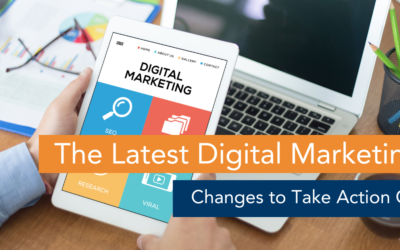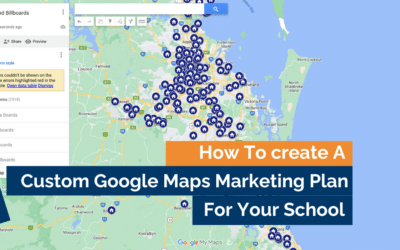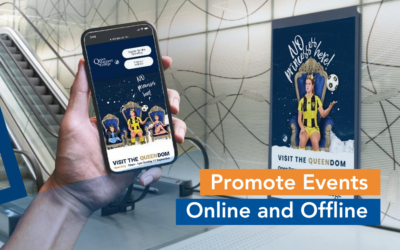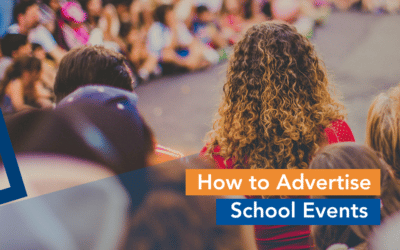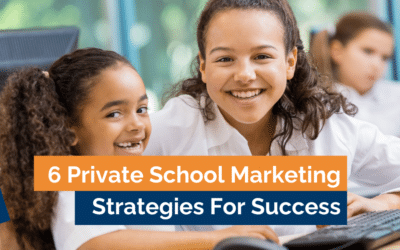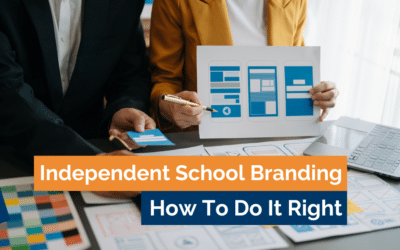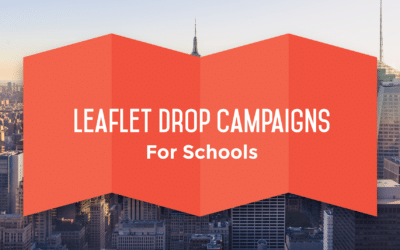Nowadays, the first impression of your school doesn’t happen at the front door – it’s on your school website. Just like any organisation, a primary school is expected to have a website that...
Marketing Ideas
Get practical marketing ideas straight to your inbox >>
Marketing for Schools Articles
The Latest Digital Marketing Changes to Take Action On
Keeping up with the latest changes and trends when it comes to Digital Marketing can be challenging. We recently hosted a great interactive webinar looking at the next big 3 changes you need to be...
Google Maps Marketing For Your School: How To Do It
Nowadays, many schools are having a tough time getting students to notice them. There's a lot of competition, and while many schools rely solely on their Google Maps listing to get noticed, it often...
How you can promote your event online and offline
Following on my latest posts, "How to advertise school events" and "Increasing attendance at school open events", let’s look at: How can you promote your event online and offline. Digital...
Increasing Attendance at School Open Events
Following our blog post about "How to advertise School Events", where we covered the event's promotion, in this post, we would like to go a bit further and explain how you can make it successful by...
How to Advertise School Events
Schools have no shortage of events during the year, whether it be open events to drive enrolments or parent events, such as a school musical. Every event is a reflection on your school and both...
6 Private School Marketing Strategies For Success
Digital marketing strategies are becoming more and more valuable for private schools. Not only are they the most cost effective and measurable way to market to parents, but they also have a proven...
Building Your School’s Marketing Team
What does your school’s dream marketing team look like? In our quest to build our marketing capabilities, you may ask the question, ‘Should we try to cover areas such as website management, SEO and...
Independent School Branding: How To Do It Right
Have you ever felt like your efforts to promote your school's open events and tours are hitting an invisible wall? You invest in your independent school branding campaign with photo shoots, design,...
How to Launch a Successful Leaflet Drop Campaign
Have you tried using leaflet deliveries for your school? It sounds simple enough, producing a few leaflets and having a company deliver them door-to-door for you, but it’s not as simple as it...


